President Ramaphosa’s High-Stakes Visit to the White House Sparks Fears of Diplomatic Turmoil
- by Mami, South_Africa, RNG247
- about 3 days ago
- 33 views
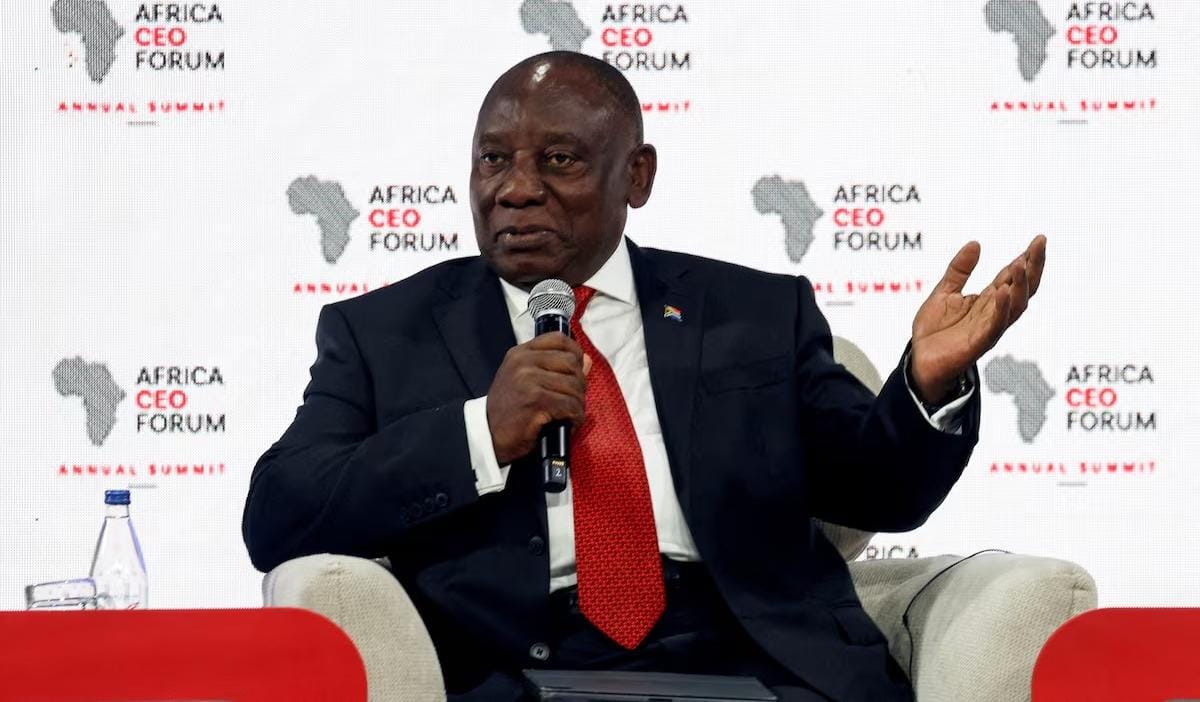
In a move poised to influence South Africa’s diplomatic and economic future, President Cyril Ramaphosa arrived at the White House on Wednesday for a pivotal meeting with U.S. President Donald Trump. The high-stakes encounter comes amid growing anxiety over potential fallout, with many experts and officials warning that the meeting could either mend strained relations or plunge them into deeper turmoil.
The visit follows months of diplomatic friction, including aid cancellations and the expulsion of South Africa’s ambassador from Washington, which many see as a reflection of worsening ties. Ramaphosa aims to navigate this delicate terrain, seeking to restore favor and strengthen economic ties in what analysts describe as a "make-or-break" moment for bilateral relations.
The backdrop to this diplomatic dance is complex. Recent weeks have seen a wave of White South Africans arriving in the U.S., granted refugee status under the assertion that they face persecution at home—claims supported by influential allies like Elon Musk and former U.S. Secretary of State Marco Rubio. Rubio articulated that prioritizing these individuals fits U.S. national interests, citing alleged persecution of White South Africans and highlighting assertions of violence against farmers, which Pretoria has firmly contested.
Adding fuel to the fire are the contentious U.S. criticisms of South Africa’s land expropriation law, enacted earlier this year to address historic racial inequalities. Critics in Washington argue that the law, which allows for land seizure without compensation in certain circumstances, risks destabilizing the nation's economy and exacerbating racial tensions. Trump has voiced alarming claims, alleging a “genocide” targeting White farmers and asserting that land confiscations are ongoing, despite South African authorities’ denials and official statements dismissing these narratives as unfounded.
The diplomatic agenda for Ramaphosa is multifaceted. He hopes to reframe South Africa’s image and negotiate economic benefits, particularly through a renewed trade agreement that grants South Africa tariff-free access to U.S. markets—a critical component of the nation’s agricultural exports. However, these privileges face potential review, with some U.S. lawmakers expressing intentions to revoke preferential trade terms amid escalating tensions.
Analysts describe the encounter as navigating treacherous waters. Neo Letswalo, a researcher at the University of Johannesburg, underscored the fraught environment, comparing the anticipated talks to the notorious Oval Office confrontation between Zelensky, Trump, and Vice President JD Vance in February. "Drawing from Zelensky’s meeting with Donald Trump, we know that the White House is a tricky place to be right now," Letswalo remarked, emphasizing the importance of Ramaphosa’s diplomatic finesse.
Despite the challenges, there are reasons for cautious optimism. Some analysts, like Professor Christopher Afoke Isike of the University of Pretoria, believe Ramaphosa’s background as a businessman and his tact could help secure a favorable outcome. Among the topics expected to feature in discussions are potential collaborations with Musk’s Starlink satellite internet service and efforts to improve trade relations.
Notably, Ramaphosa’s delegation is expected to include renowned South African golfer Ernie Els, a strategic move aimed at fostering a more personal and diplomatic connection. Musk, whose recent advocacy for South African interests has made headlines, is also rumored to Attend the White House talks, reflecting the complex intersection of business, politics, and diplomacy at this pivotal moment.
Yet, the specter of failure looms large. According to Letswalo, a significant stumbling block could arise if Washington demands that Pretoria rescind the land expropriation law or withdraw its case against Israel at the International Court of Justice—an ever-present point of contention. "If the U.S. pushes for these concessions, President Ramaphosa will face a delicate balancing act between maintaining sovereignty and preserving crucial bilateral ties," Letswalo stated.
South Africa’s political landscape is watching keenly. André Duvenhage, a politics professor at Northwest University, affirms that this summit could be among the most consequential challenges of Ramaphosa’s presidency. The outcome may shape the trajectory of South Africa’s international relations and economic future for years to come.
As the world watches, the stakes have never been higher for President Ramaphosa to deliver a diplomatic handshake that could either mend fences or open a new chapter of confrontation. The eyes of global diplomacy remain fixed on what unfolds inside the White House today.



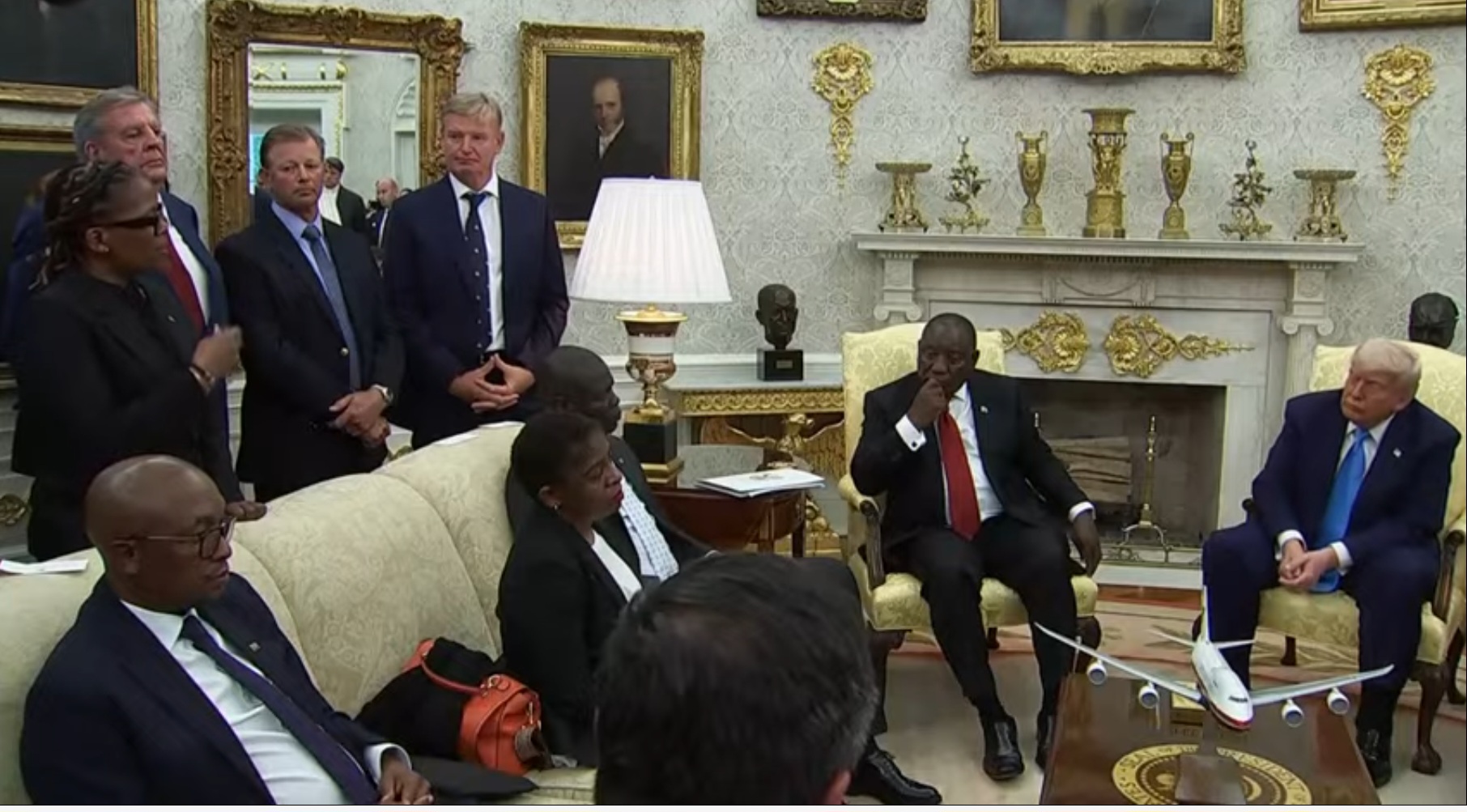
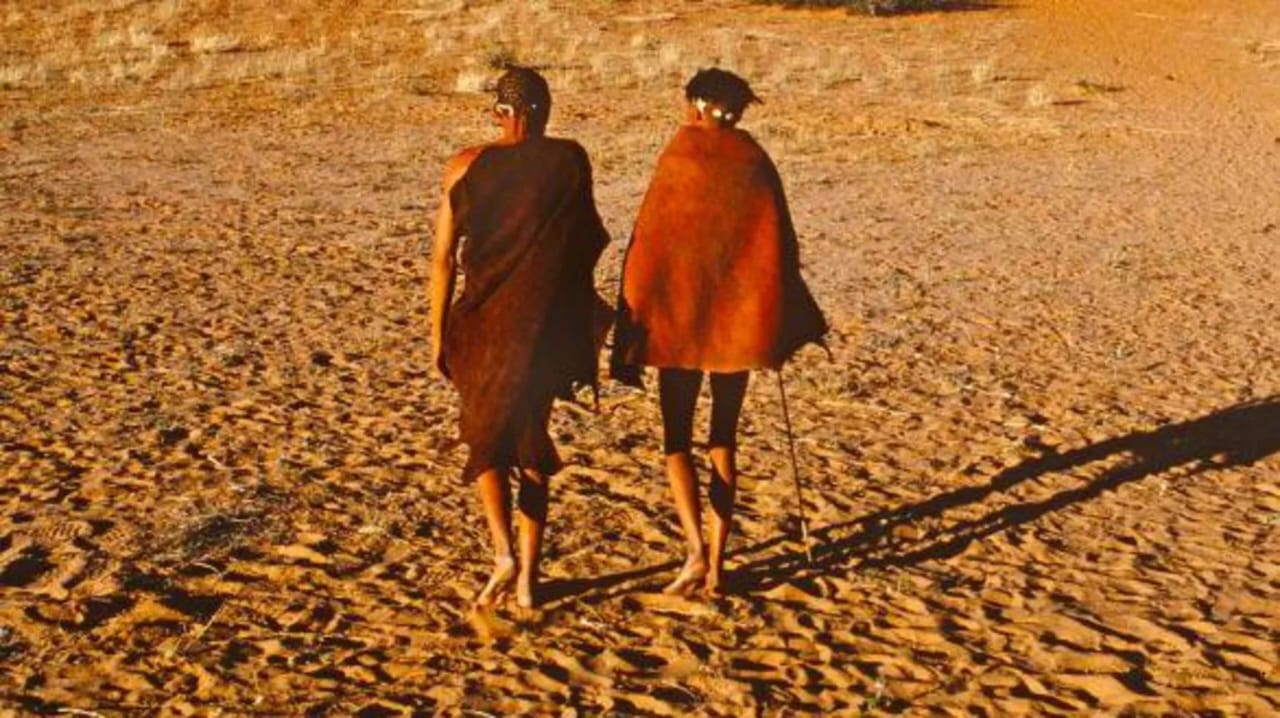
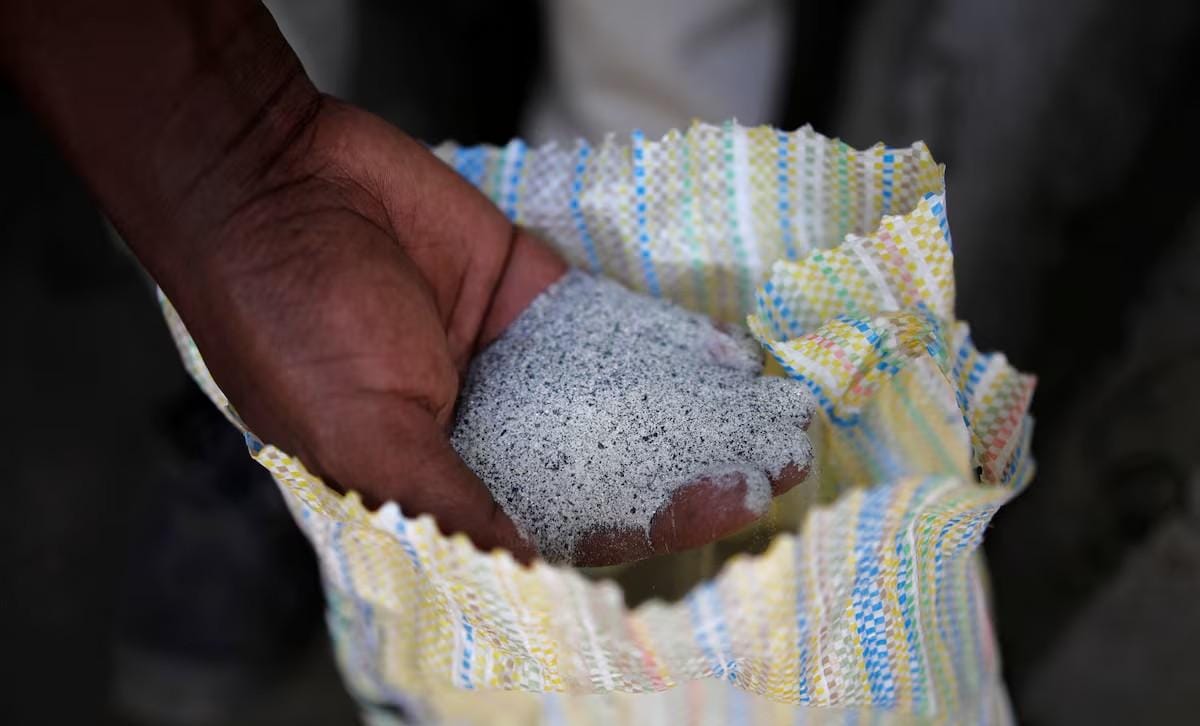
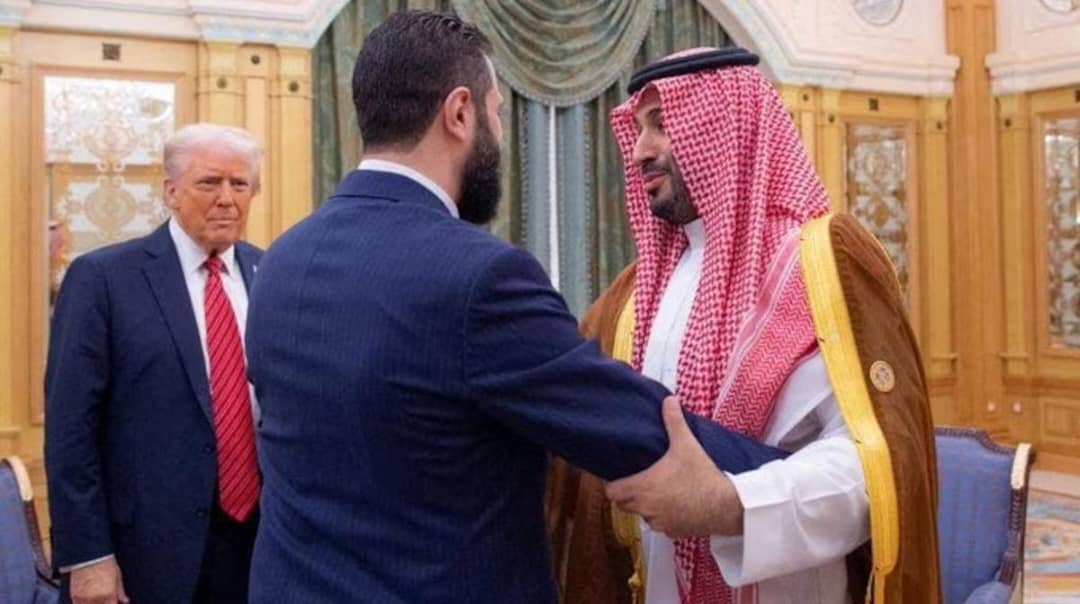
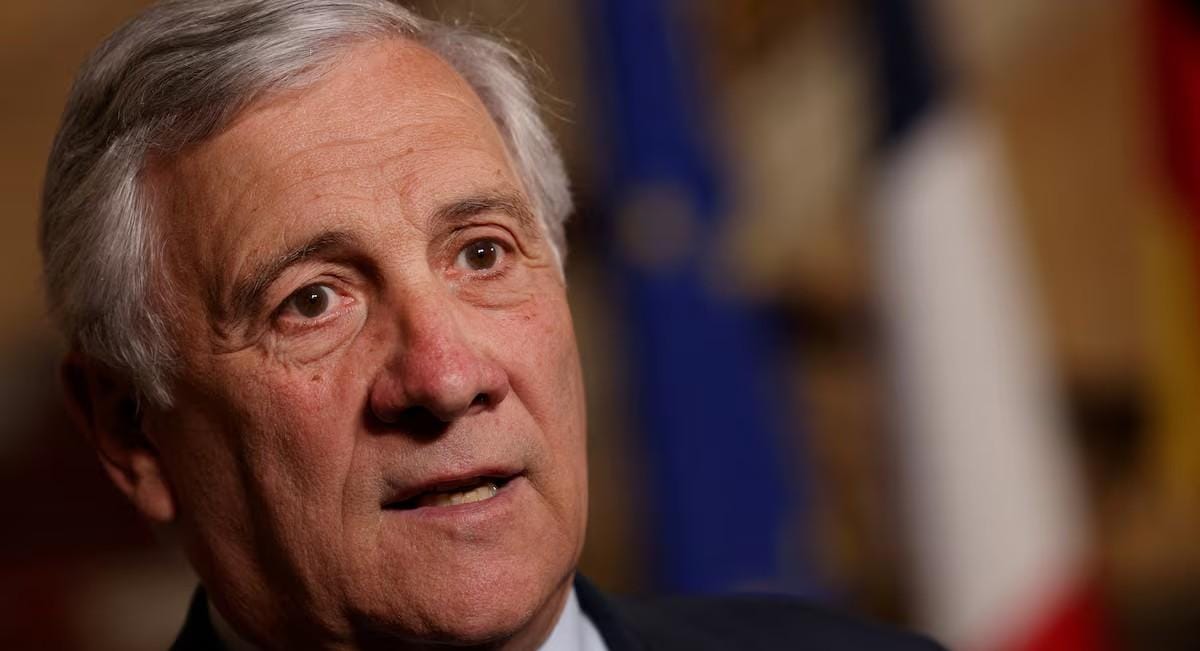
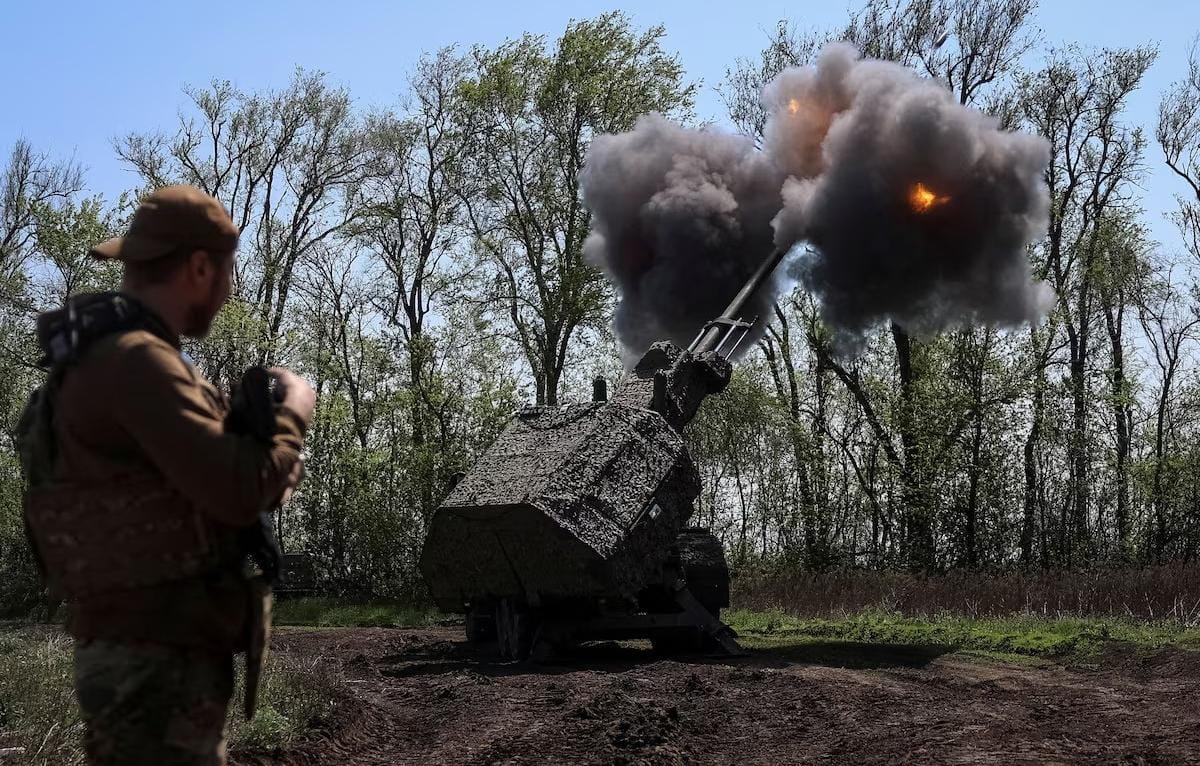
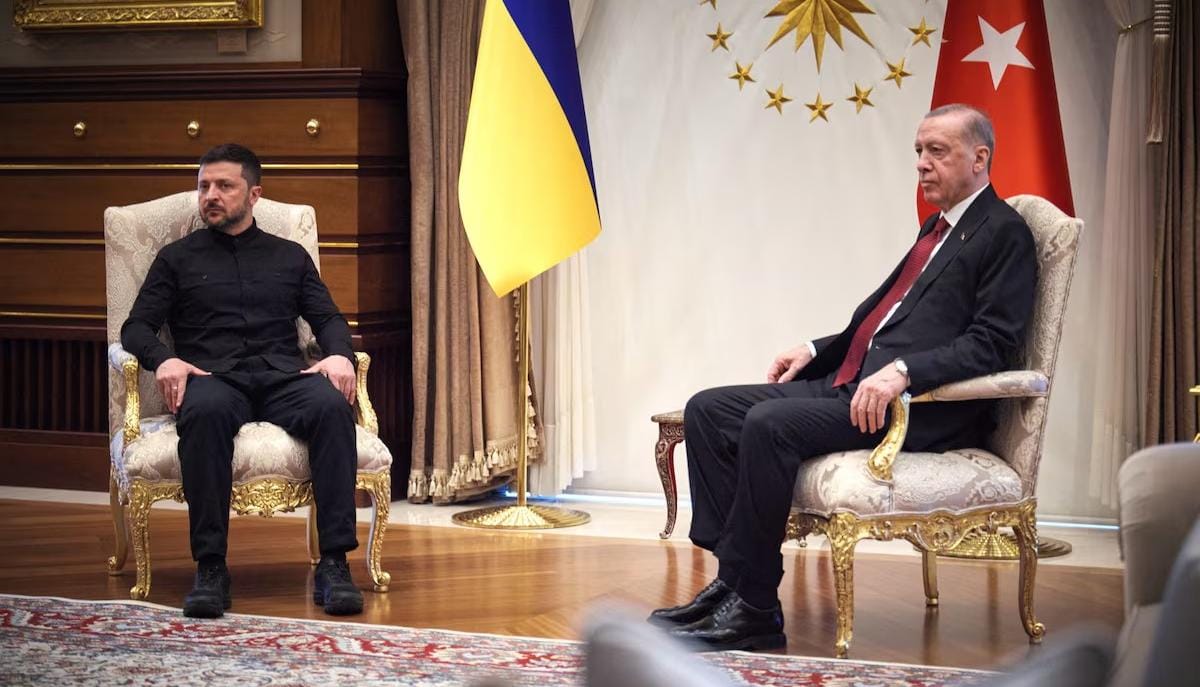
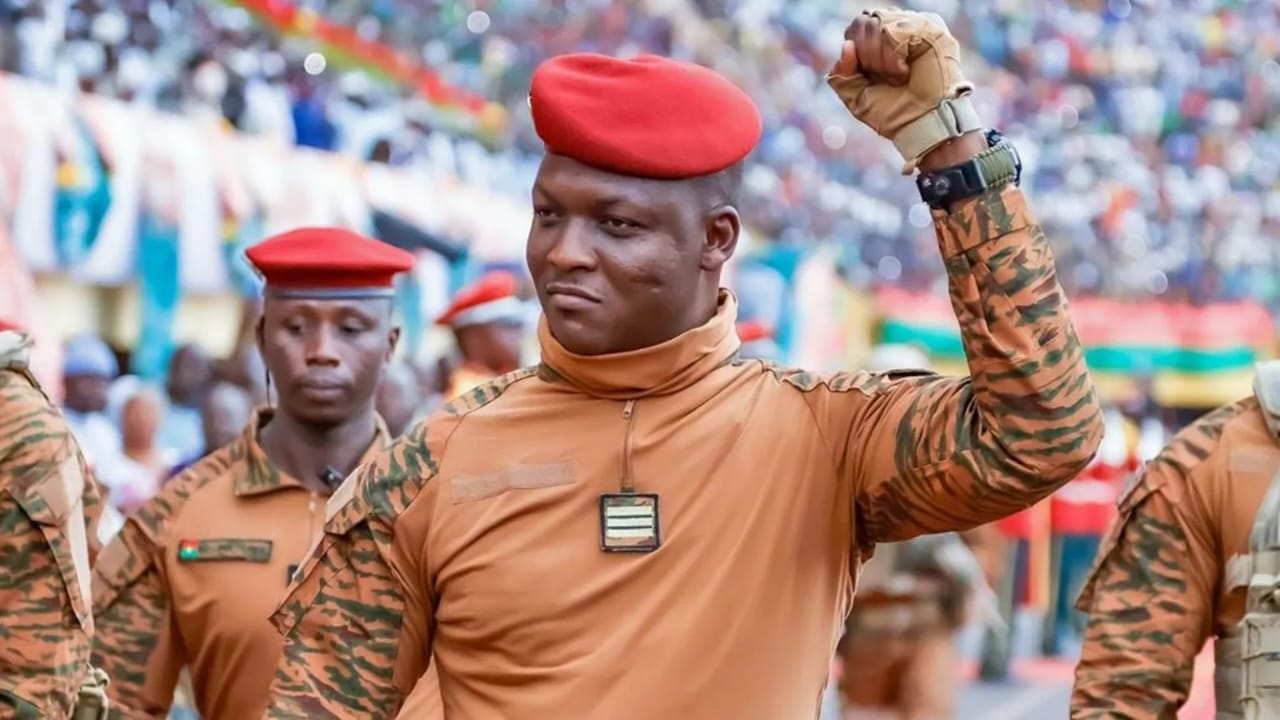
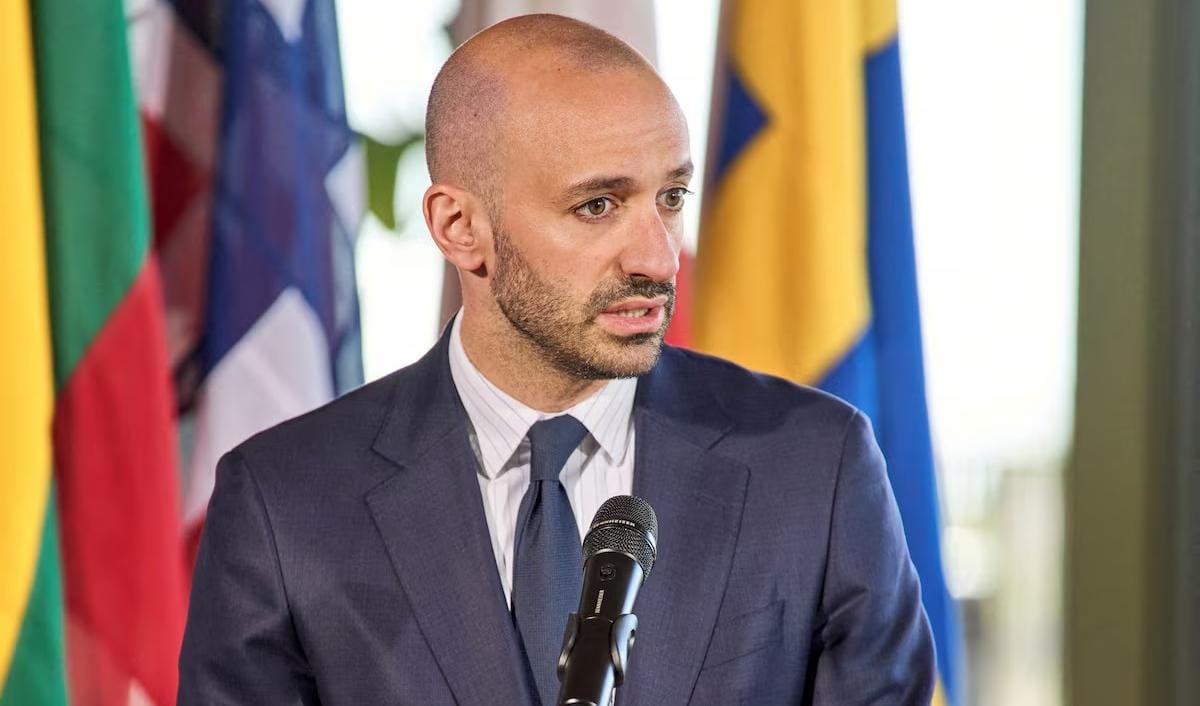
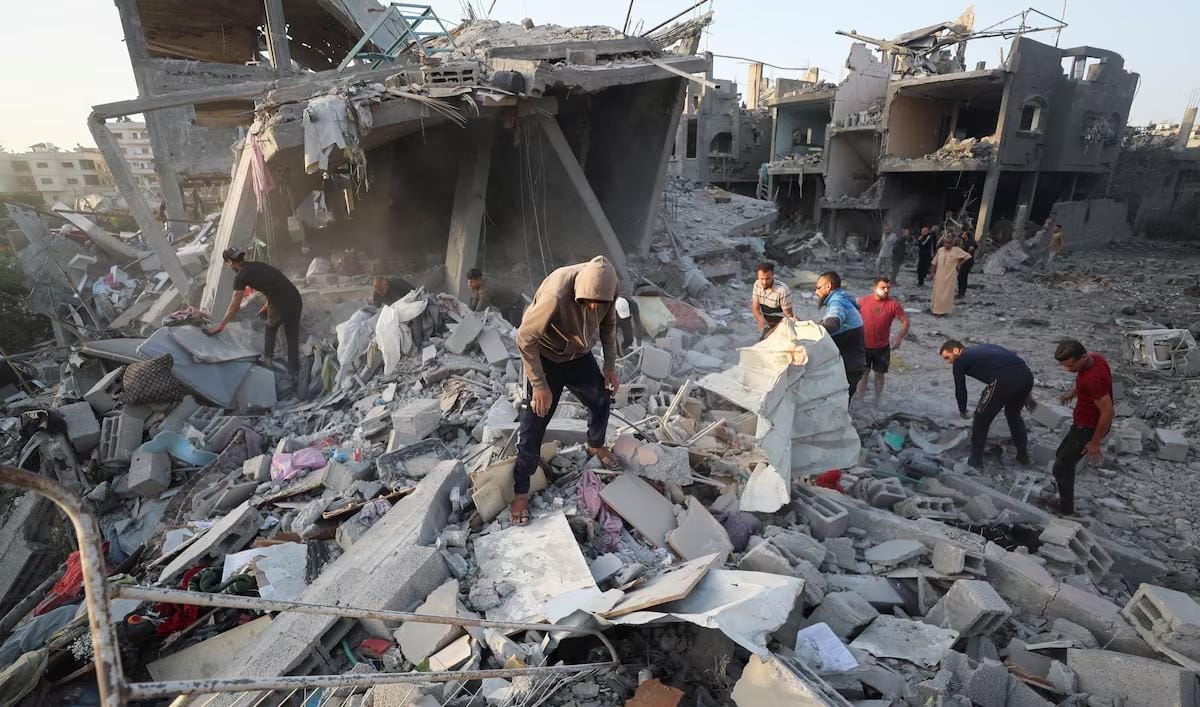
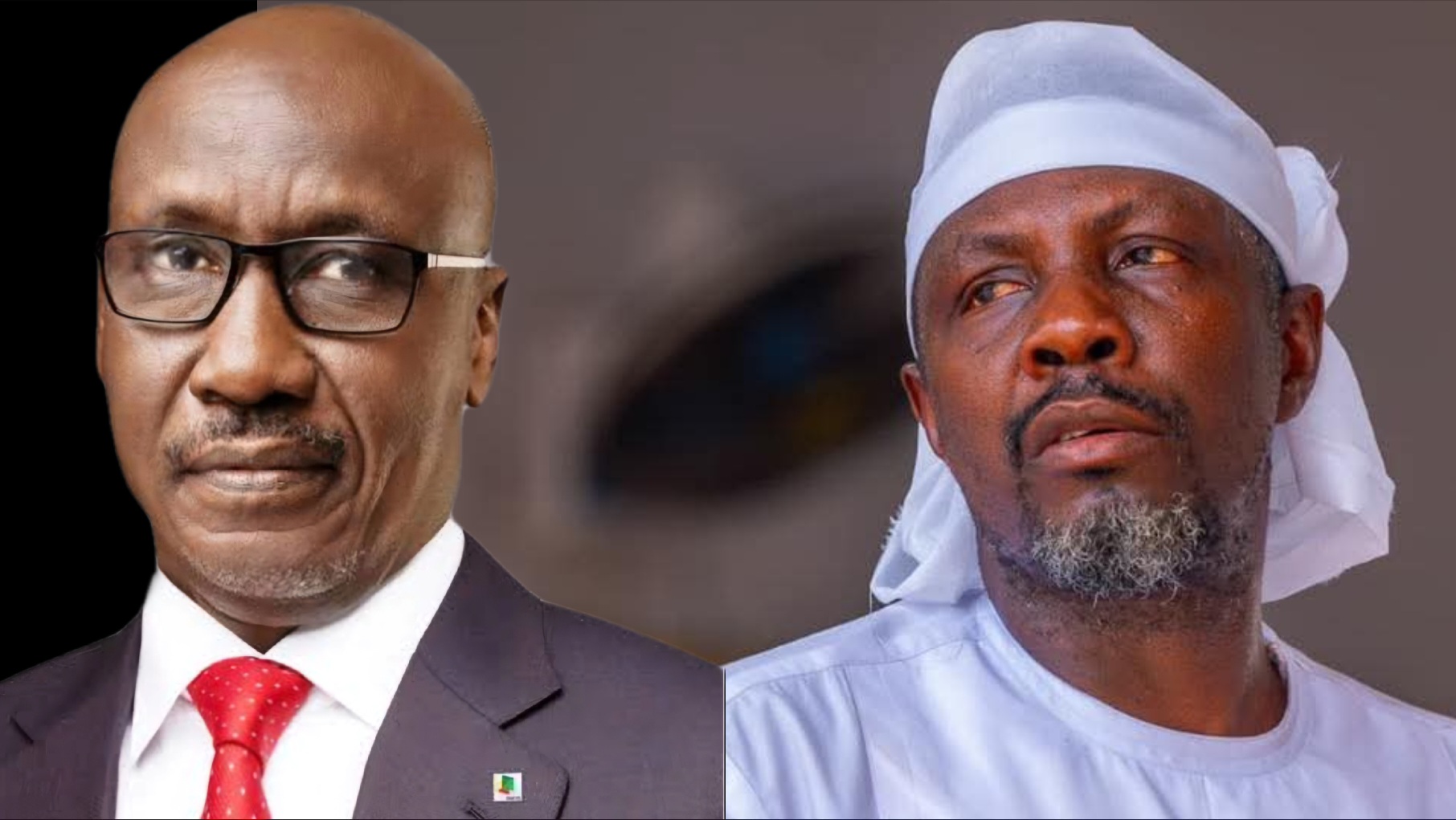
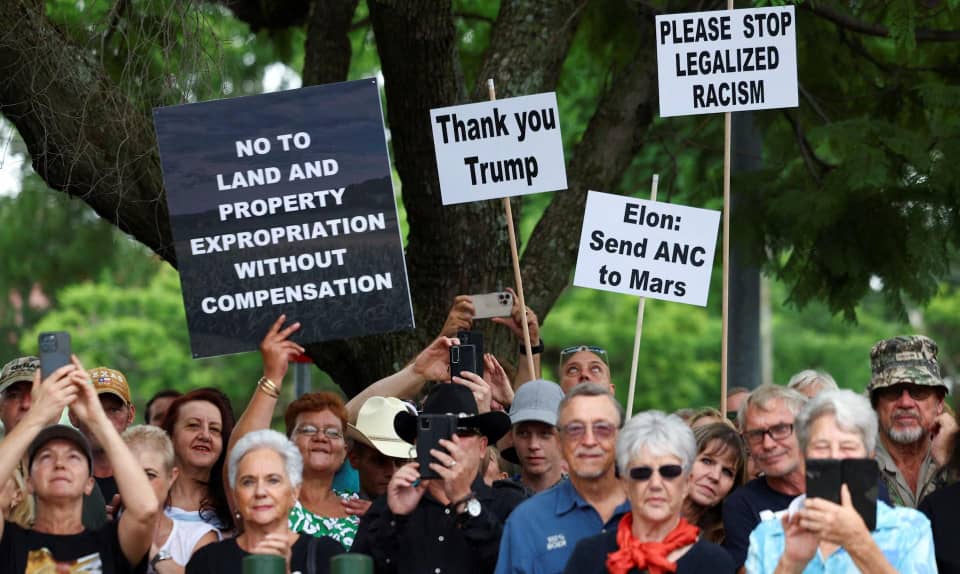

0 Comment(s)